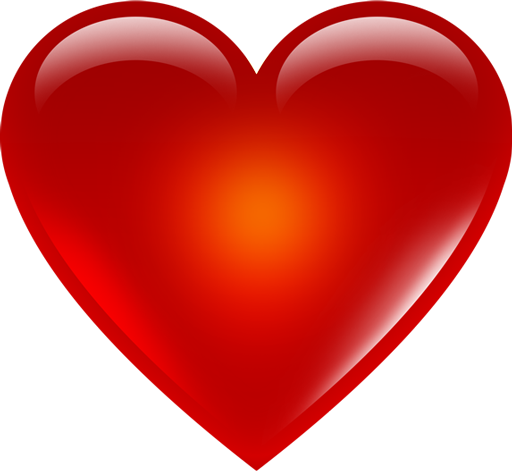This memorial day is a good time to reflect and give thanks - in fact this visual gives a great sense of the sacrifices of so many for our freedoms and life today
Original from Facebook
Here's one for the SHARE button. A truly powerful image that tells it like it is.
Posted by Madison Rising on Thursday, October 30, 2014
So while thinking about how lucky we are we should try hard to be happy as Bobby McFerrin suggested: “Don’t Worry, Be Happy” So in the spirit of focusing on happiness which is well proven to improve your life this piece in Time Magazine: Happy Thoughts: Here Are the Things Proven To Make You Happier choked full of great ideas and principles - starting with Gratitude which
Showing gratitude for the good things you have is the most powerful happiness boosting activity there is....which seemed a perfect match for today. But there are many other elements starting with
Doing what you are good at - no matter what that might be as often as possible - Starving Artists are happier with their jobs which goes a long way to explain the power of Regina Holliday and her amazing presence and power in medical advocacy (She’s just a published her first book “The Writing on the Wall” which should be required reading and would definitely be on Oprah's book list if that were still thing)
As for you time - spend it with the people you like - the happiest people are social with strong relationships and that describes much of the online community around Healthcare and Patient advocacy that i consider myself very lucky to be part of. There have been some studies that suggest a causation between happy social networks influencing others and helping them to be happier (I know could just as easily be correlation but either way Happiness is infectious)
Money can help but is not essential to happiness and it is not good to focus on money or the desire for it.
Well known that giving is better for happiness than receiving - notable during the holiday that the giving of gifts is more satisfying than receiving. Interestingly striving for ambitious goals has a positive effect and being optimistic (even bordering on delusional) has positive effects but it is this list of “big life regrets” that is worth highlighting
- I wish I’d had the courage to live a life true to myself, not the life others expected of me.
- I wish I didn’t work so hard.
- I wish I’d had the courage to express my feelings.
- I wish I had stayed in touch with my friends.
- I wish that I had let myself be happier.
and as someone pointed out - no one says as they near death - I wish I had worked much harder and spent more time at work.
Relish the time off, enjoy your life, family and friends, savor the positive experiences and do so frequently even in small doses.

